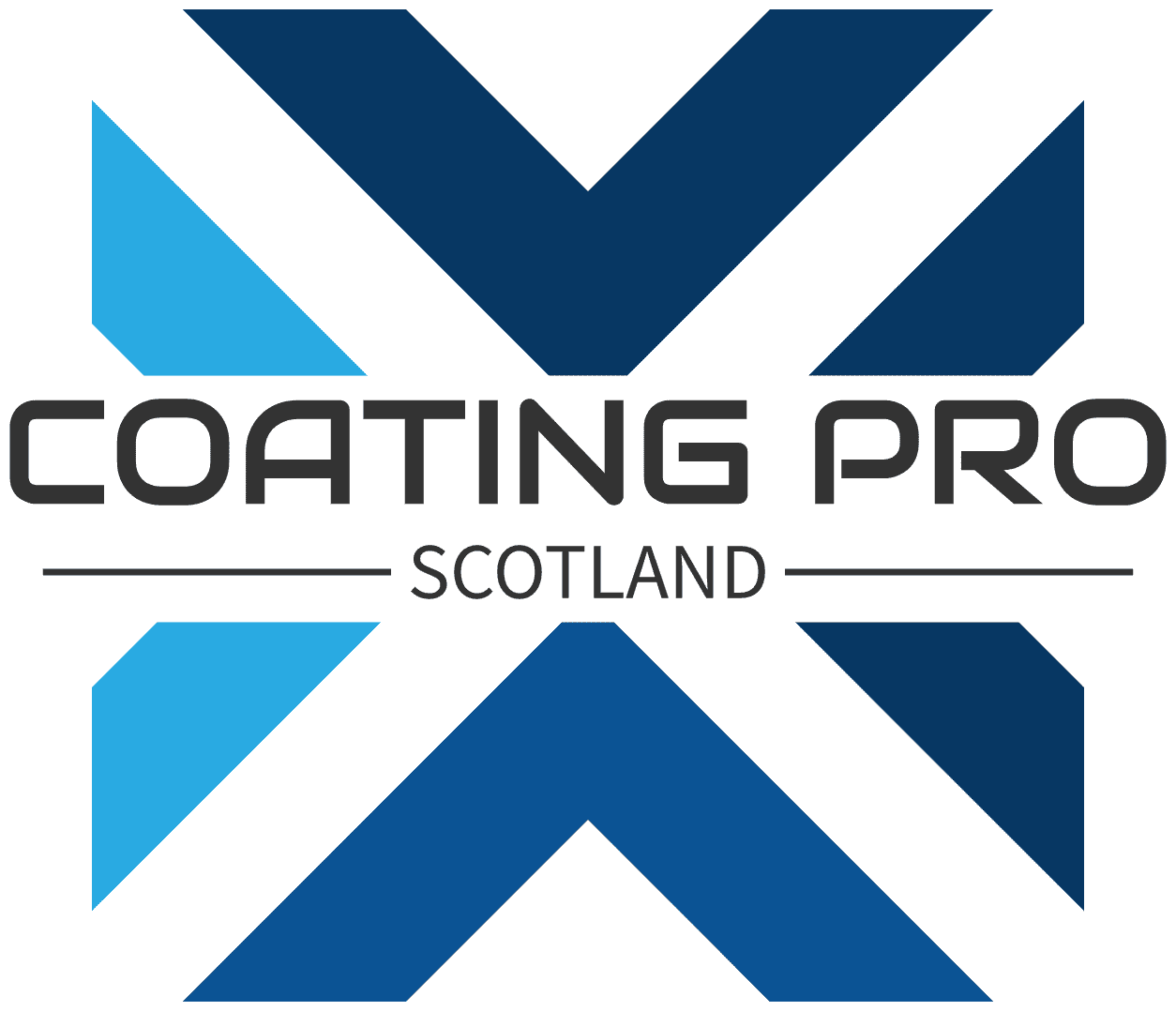Protective coatings play a crucial role in various industries, providing a protective layer to surfaces and equipment to prevent damage from corrosion, weathering, and other forms of wear and tear. However, it is essential to consider the environmental impact of industrial coatings, as they can have both positive and negative effects on ecosystems and natural habitats.
One of the primary environmental benefits of protective coatings is their ability to extend the lifespan of equipment and structures. By providing a barrier against corrosion and other forms of damage, protective coatings can help reduce the need for frequent maintenance and replacement, which can lead to significant energy and resource savings. This ultimately results in a lower environmental footprint for industries that rely on protective coatings to safeguard their assets.
Additionally, protective coatings can also help improve the energy efficiency of buildings and infrastructure by acting as insulation and reducing heat transfer. This can lead to lower energy consumption and reduced greenhouse gas emissions, making protective coatings a valuable tool in mitigating climate change and promoting sustainability in industrial applications.
However, despite their numerous benefits, protective coatings can also have negative environmental impacts if not used and managed correctly. For instance, some protective coatings contain harmful chemicals and substances that can leach into the soil and waterways, posing a threat to aquatic ecosystems and wildlife. Additionally, the production and application of protective coatings can release volatile organic compounds (VOCs) into the atmosphere, contributing to air pollution and smog formation.
To minimize the environmental impact of protective coatings, industries must prioritize the use of eco-friendly and sustainable coating options that are low in VOCs and free from harmful chemicals. Additionally, proper waste management practices should be implemented to ensure that leftover coatings and containers are disposed of safely and responsibly.
Furthermore, industries should consider the lifecycle of protective coatings and choose products that are durable and long-lasting, reducing the need for frequent reapplications and minimizing waste generation. It is also crucial to implement regular maintenance and inspection programs to ensure that protective coatings remain intact and effective, preventing premature failure and the release of harmful substances into the environment.
In conclusion, protective coatings play a vital role in preserving the integrity of industrial assets and infrastructure, but it is crucial to consider their environmental impact. By choosing sustainable and eco-friendly coating options, industries can minimize the negative effects of protective coatings on the environment and promote a more sustainable and responsible approach to asset protection.
For more information visit:
Coating Pro
https://www.coatingpro.co.uk/
0141 482 7003
glasgow, Scotland
As a leading paint spraying and protective coatings company in Scotland, Coating Pro specialises in delivering on-site coating solutions for Residential, Retail, and Commercial properties. Our extensive experience working with private clients and corporate companies positions us as the preferred choice for those seeking professional, high-quality solutions for their property projects.
Unlock the secret to flawless surface protection with CoatingPro. Say goodbye to scratches, stains, and dull finishes with our revolutionary coating solutions. Visit us at coatingpro.co.uk and discover a whole new level of protection for your surfaces.

